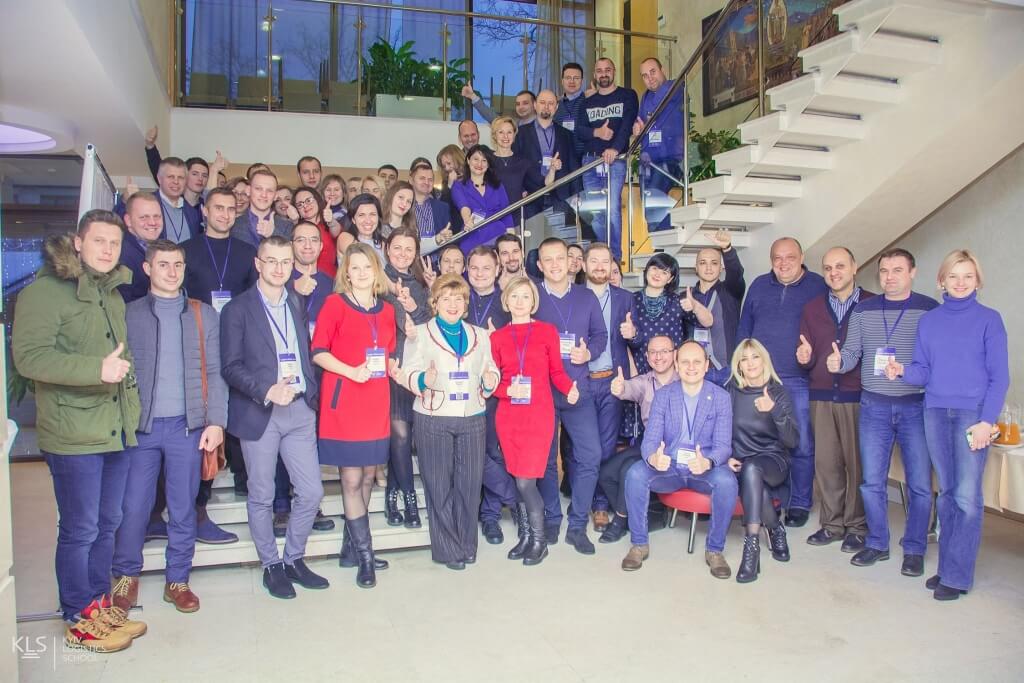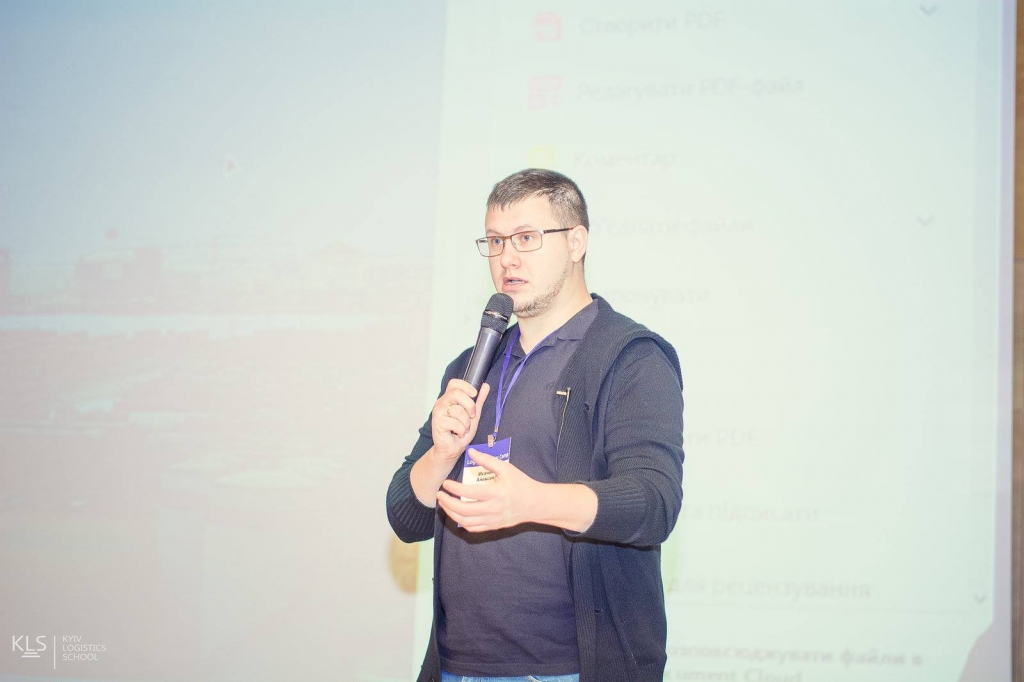Logistics Winter Camp 2018
 Logistics Winter Camp — a two-day workshop about supply chain management in connection to the improvement of logistics skills and the development of new solutions for business. The intensive workshop program could help to find potential clients and business partners, optimize systems, and research innovations and trends in international logistics companies.
Logistics Winter Camp — a two-day workshop about supply chain management in connection to the improvement of logistics skills and the development of new solutions for business. The intensive workshop program could help to find potential clients and business partners, optimize systems, and research innovations and trends in international logistics companies.
Technology insights for building logistics products from our CEO
CoreTeka’s CEO Alex Isachenko joined Logistics Winter Camp as a speaker and shared his best practices in logistics technologies and digital transformation. Alex said that everyone who wants to be successful in launching and implementing IT projects should formulate the problem, write a technical task, and select implementation tools for that. Actually, we should not forget about developing a working group on the side of the client and executor.
To develop and implement an IT solution, we need to understand the real problem, and then choose the best and most effective tools for solving it. Typical and predictable errors can be minimized with proper project management and prioritization. There are three most common types of problems: the organization of business processes, failure in primary problem detection, and technical problems.
 Thanks to the Design Thinking methodology we can define the main hypotheses, test ideas, and determine their potential for the company. It can transform the way business develops new products and processes, and creates strategies. The possibility of people who aren’t trained as designers to use creative tools address and solve a vast range of challenges.
Thanks to the Design Thinking methodology we can define the main hypotheses, test ideas, and determine their potential for the company. It can transform the way business develops new products and processes, and creates strategies. The possibility of people who aren’t trained as designers to use creative tools address and solve a vast range of challenges.
How SCRUM works for logistics project management
The next important method for improvement of business processes is SCRUM — a project management technique for developing products high in value in confusing environments. SCRUM focuses on how to maximize the team’s ability to deliver quickly, respond to emerging requirements, and adapt to evolving technologies and changes in market conditions. The most important stages in this process are sprints (time-limited development stages, when the team must close all current tasks), daily meetings (everyday calls where the team discusses what was done yesterday, what will be done today, and the project’s progress), retros (discussions of results, problems, and blockers from sprint).
Read our new article about EDI and API Integration in Logistics.





